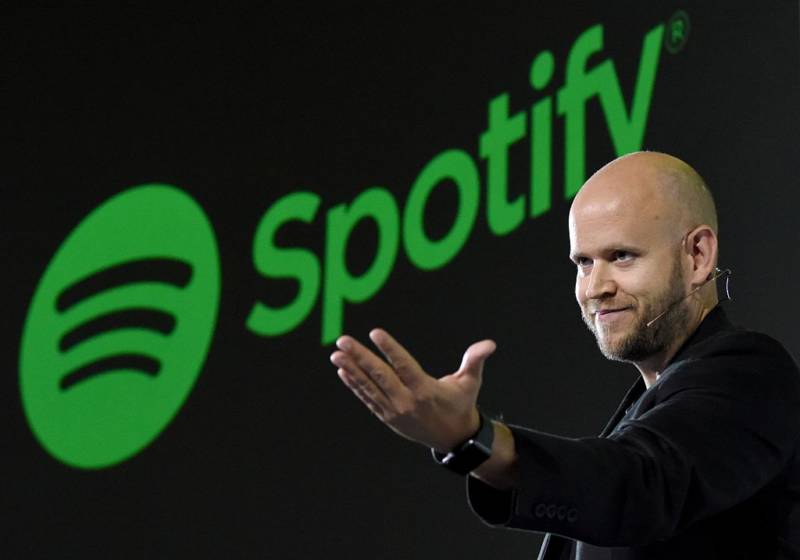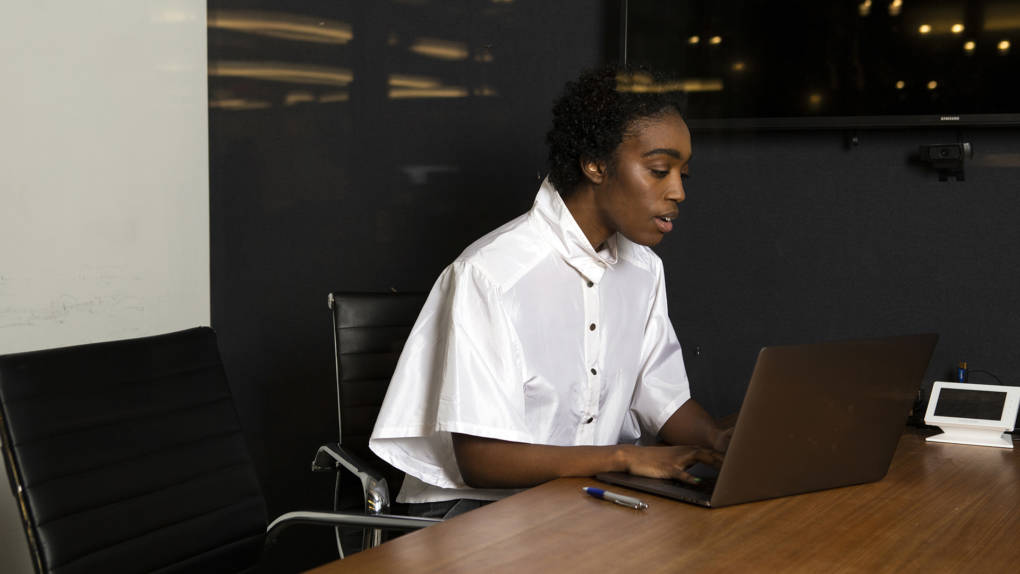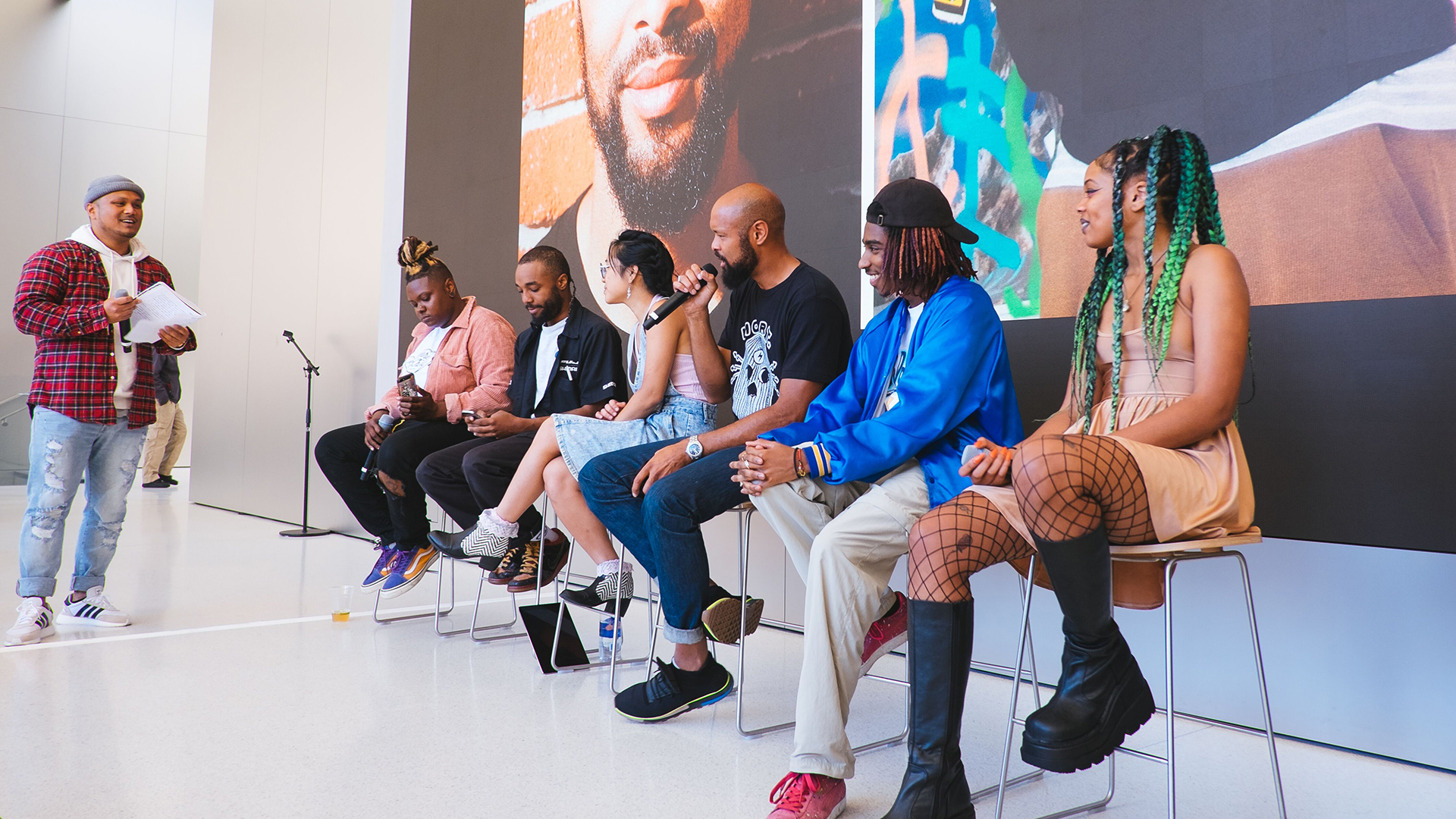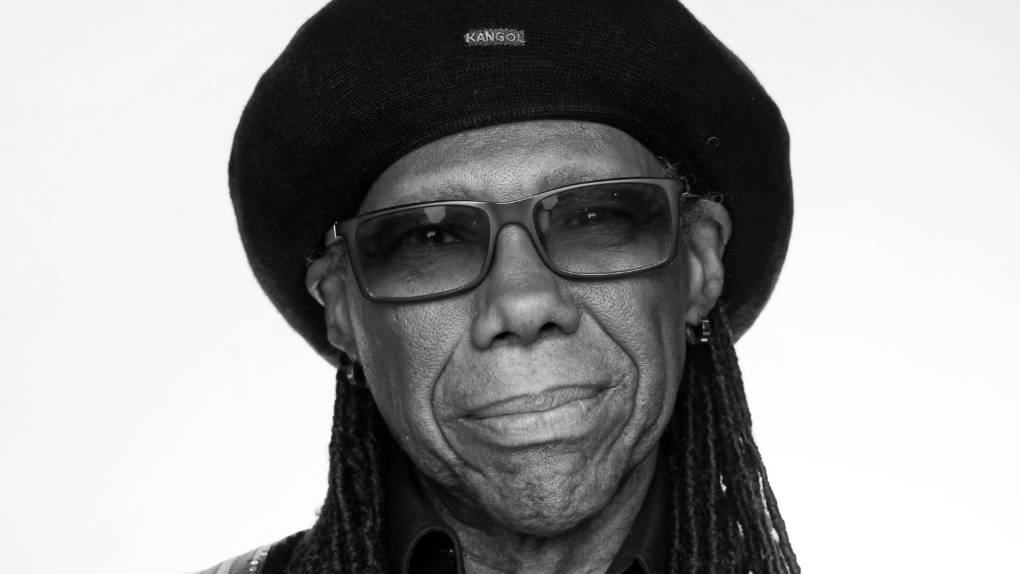“When a company makes a lot of noise about championing artists, and those claims are rarely if ever reflected in the company’s policies or practices, it’s disappointing,” says Kasey Anderson, an independent artist based in Portland, Ore. In the Spotify world, the artist – and particularly the songwriter – often finds themselves as the lowest rung on a very long and complicated pole. But as Dr. Joshua Shepperd, assistant professor of Media and Communication at The Catholic University of America argues, that’s always been the point. It’s a company in the music space, doing the business of music, but is, as he puts it, a cloud service, more similar to Dropbox than Sub Pop. They are “aggregating the aggregating,” he says.
Indeed, Spotify was never really so much a music company as an Internet brand. “Spotify’s business model never benefited all musicians in the same manner but rather appeared — and still appears — highly skewed toward major stars and record labels, establishing a winner-takes-all market familiar from the traditional media industries,” goes an excerpt from the book Spotify Teardown, an investigation into the mechanisms of Spotify by a Swedish research team comprising Maria Eriksson, Anna Johansson, Rasmus Fleischer, Pelle Snickars and Patrick Vonderau. The book argues that Spotify isn’t a media company per se – and, like Dr. Shepperd, asserts that it’s structurally much closer to a Facebook or Google, particularly in its digital business model. And looking around an event like the Spotify House, that assertion holds up.
“A distinction needs to be made between a digital music business and recorded music business,” says Dr. Shepperd. “Spotify happens to be focused on music. But it’s a digital business first, and not a studio or concert hall, and it brings in other limits and pressures and forces that have different policy influence. That’s part of the disconnect between what they claim to be doing, and what they are actually doing. How do you qualify what Spotify actually has to deal with? Well, in their minds, they are responding to digital law [in cases like the CRB appeal].” Like any company, record labels included, Spotify is trying to turn a profit and minimize overhead.
Spotify has, however, been taking some steps to improve their standing with artists. This year they hired former Disturbing Tha Peace Records founder Chaku Zulu to head Artist and Talent Relations, who touted “growth, representation and support” when he signed on to the company back in April. But many artists and songwriters feel like it’s a case of too little, too late.
“With so many things Spotify does, just because it ‘seems’ like a step in the right direction doesn’t mean it is,” says Anderson. “Theoretically, streaming platforms are a more democratic delivery service for listeners and artists alike, but we’re not seeing that reflected in playlist placement, and we’re certainly not seeing it reflected financially.”
It has been a successful business plan for some of music’s biggest names and companies, if no one else. For the Swifts, the Ed Sheerans and the Florida Georgia Line/Bebe Rexha’s of this world, Spotify can mean career magic – if you are streaming songs by the hundreds of millions, there is good money to be made. For mainstream artists like Swift, that’s pressure to be more global than ever. For those somewhere in between indie and mainstream, it can mean feeling like the music needs to be created with those specific playlists in mind. “The promise of a huge global audience only works if you are making art that works for a huge global audience,” says Kevin Erickson of Future of Music.
It also leads to an almost existential question of what happens to music itself when it needs to appeal to as many people as possible. “The platform operates best for ‘hit songs’ in the major genres,” says Wheelan. “Artists are rewarded for creating inoffensive music that can be added to playlists they are targeting. And while that may not be a huge departure from how the music business always worked, in an environment where there is no room for differential pricing, non-commercial or experimental artists suffer more.”
In the land of Spotify playlists, it’s all about working well in the mix — and, as with radio, familiar and generic songs are often key, as are atmospheric ones suitable for “background listening.”
“I hear a lot of talk about what kind of songs work well for playlists, therefore what kind of songs to focus on writing,” says singer-songwriter Michaela Anne. “And/or making acoustic versions of album songs with the intent to capitalize on playlist placement. At the end of the day, everyone is trying to survive and playlists seem to be the latest way to make the most money. But does that always translate to fans and building a whole career?”
For artists like Anne, Spotify does have some benefits — but most come with caveats. “It feels like as an indie artist, we don’t have much choice but to embrace Spotify,” says Anne. “As a tool for listeners to discover new music, it is really awesome that people can happen upon new artists through playlists and discover pages. At the same time, it’s fascinating to watch how the changing technology affects not only how we listen and consume music but how and why artists create music.”
Those benefits are strong and distinct for independent labels like Oh Boy or Rounder Records. “The artist dashboard they’ve built could be improved, but as it stands now it offers incredible feedback on what songs are being consumed, where and by what demographic,” says Wheelan. “For younger artists, that definitely helps with touring, and for an artist like John [Prine], it could point to what song we need to make a video for or send to radio. Basically creates a focus group for us.”





